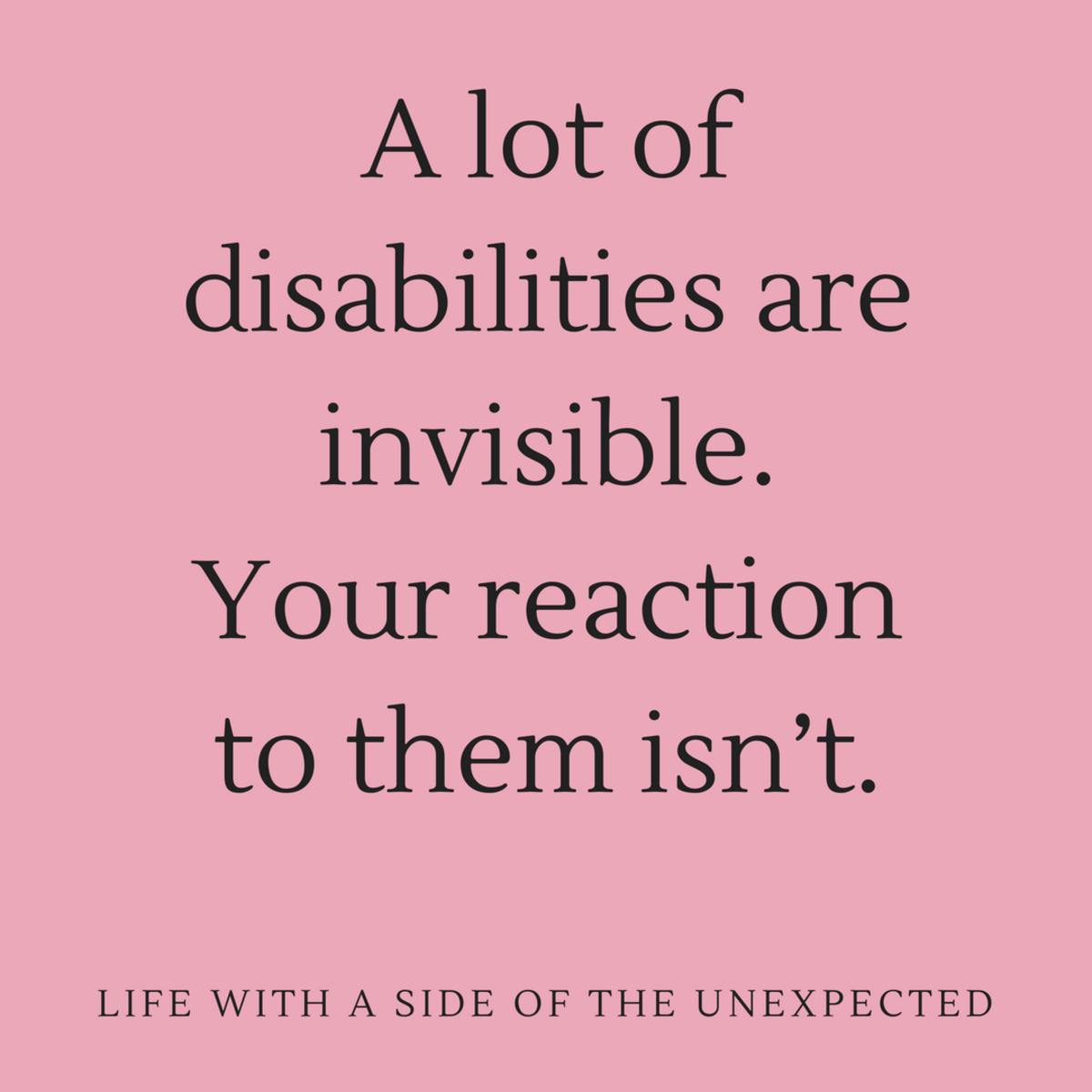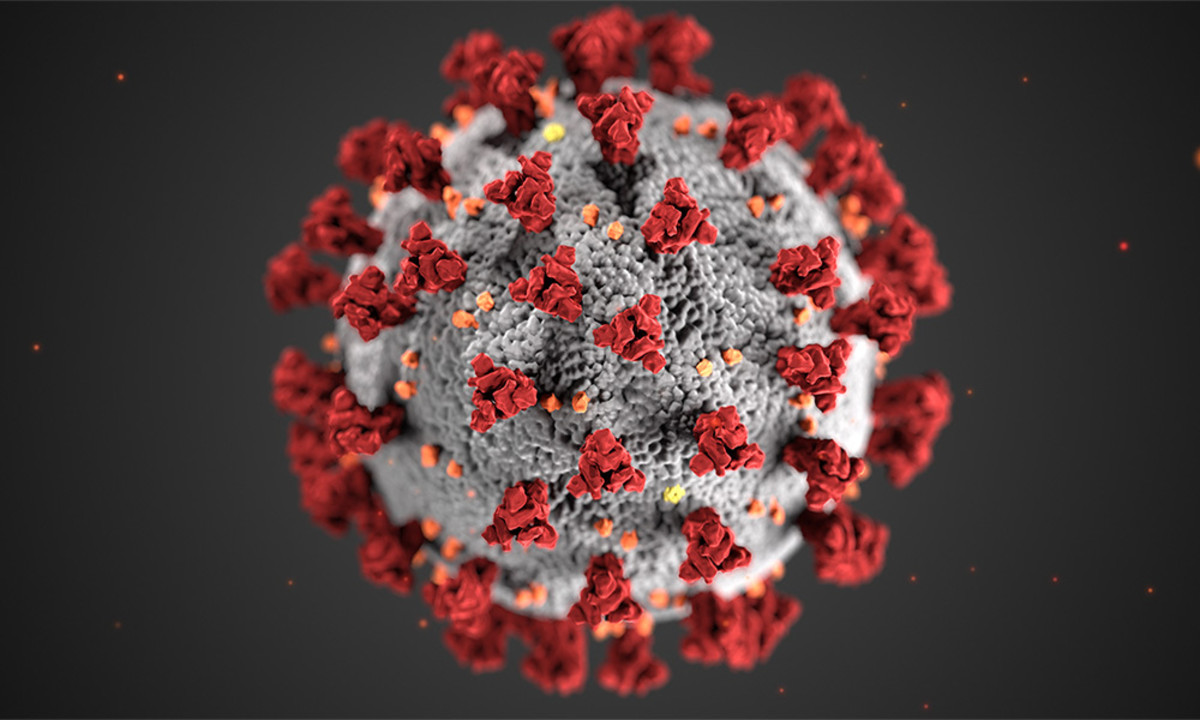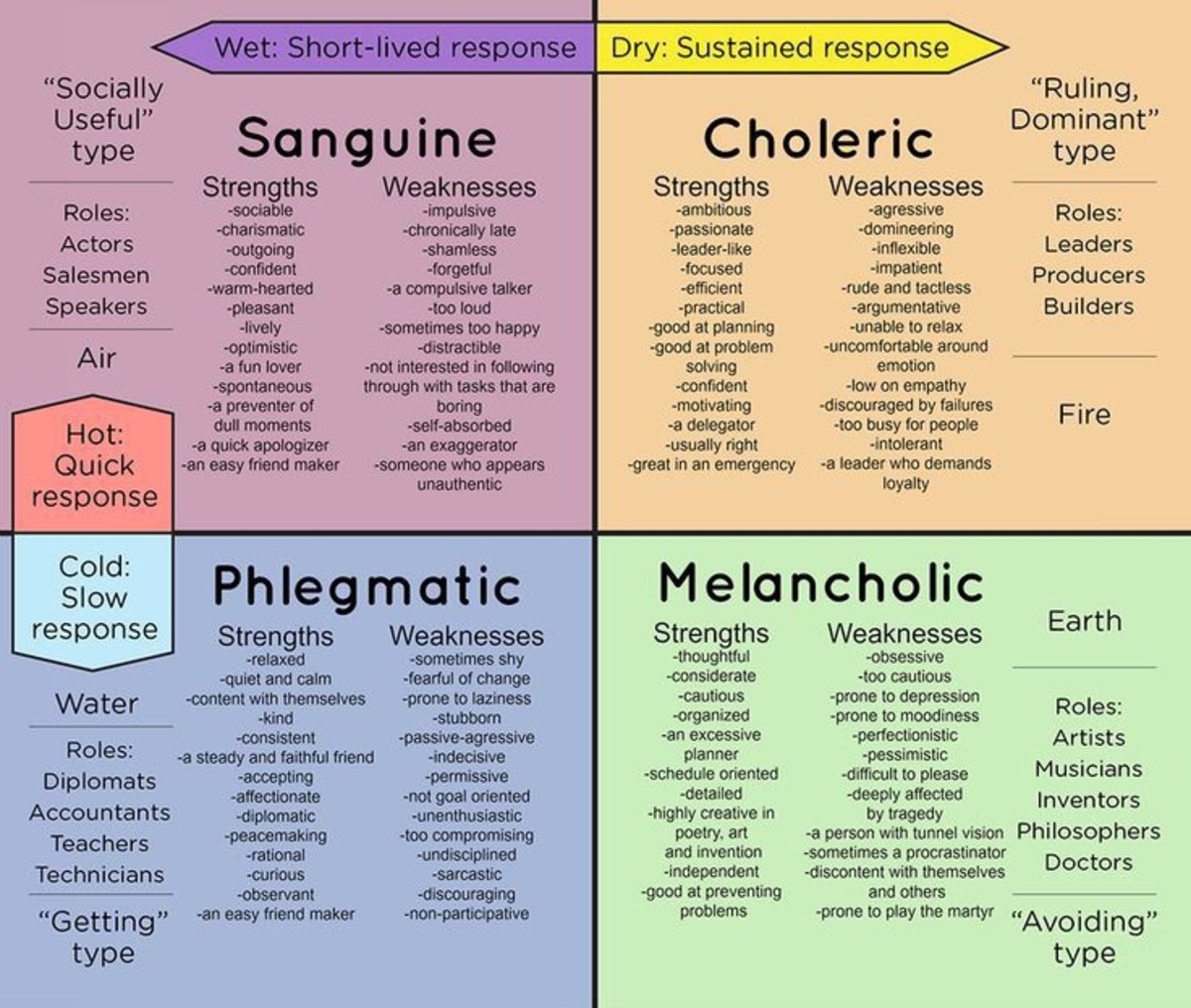"Invisible" Disabilities: the Struggles of and Daily Fight for Legitimacy
"Just do it!"
"You gotta pick yourself up and dust yourself off!"
"God helps those who help themselves!"
"Gotta grab yourself by the bootstraps and get 'er done!"
Those are a mere sampling of the myriad faux-wisdom that pervades the culture of "decent society". Oh, under statistically normal circumstances of your typical Mc-Demographic, they're harmless enough. Most of the time, you can even bet that the utterers of those fortune-cookie gems have at least a kernel of good intention in their hearts. They who would spout off these treasured cliches of all guru-wannabes, may *mean* well, in part, and a fraction of these sages, albeit a miniscule one, may not even have the usual ulterior self-aggrandizing posturing as a primary motive. There is, however, one blindingly glaring and awful problem.
They're full of crap.
To they and we with so-called "invisible disabilities", these euphamisms are as tired, worn, irrelevant and inept as they sound, or as they should sound to anyone with any introspective skill or tendency. They're trite. They're hopelessly vague. They're judgmental. And more to the point, they are about as useful as a Braille dashboard! And yet, that is not even the worst or greatest obstacle faced by those with difficulties others have trouble seeing.
The most difficult part of trying to get a handle of and help for your cognitive, affective, developmental, neurological and other disabilities not primarily defined by a sensory, respiratory, muscular or mobility impairment is that you have to work and struggle just to be identified as somebody with a different receptive, social, mood or processing style than most. And that's another problem right there. This word "style" is about as passive-aggressive an expression as "you just have to want it" or "it's all in your head"! For that matter, the well-intended but ignorant "sexual preference" falls within said sentiments. These all are disempowering, accusatory, and can be very frustrating and overwhelming to hear over and over again.
Why? Because they all imply some level of choice or control. They indicate an attitude among those folks who are outside of the group they are judging that suggests we "atypicals" somehow bring it upon ourselves. That it is thus some type of karma, or which will resolve itself upon the learning of some obscure "lesson" or passing of some unspecific "stage".
Where does such a harmful and cruel regard come from? Is it ignorance? Perhaps. It's tough to remember those who struggle beyond your ability to see it. Whether it's the boy with Asperger's who "doesn't seem disabled - just a little quirky maybe", or the dyslexic or aphasic girl who just seems disinterested or quiet, or whether it's those sufferering from the devastating aftermath of a natural disaster some 2 or 3 time zones away, when you're not exposed to the obvious impact, it's easy to think "oh, they don't have it that bad" or just be innocuously unaware of the others around you.
Most would think it plainly foolish to deny the obvious difficulties of somebody in a wheelchair, or who wields the recognizable stick to help him navigate the visual and mobile world. Even if you would scoff, you would do it silently for fear of looking the brute. Even as the temptation to indulge a false sense of superiority or moral uprightness might hit hard, it is hard to justify an apathy and uncaringness toward somebody who does, in fact, have to work harder at life than you do.
What about hatred? Sometimes that's the case, but I honestly do not think that most people would invest such emotional and effortful stock in so reviling another lest they are personally affected, or have been taught this prejudice. Frankly, that's the stuff of your other "isms", which are often just as destructive and unjust, but it is at least one small blessing that those "invisibly disabled" aren't likely the recipients of overt hostility. I mean, how can you hate what you don't know about, right?
Is it arrogance? Self-preservation? Simple human nature? Does it serve some emotionally soothing or artificially uplifting function to hold on so desperately to the denial that another may suffer a tribulation spared you? Is it too painful to consider that sometimes your grass IS greener or else at least that the finger-wagging is at best, your way of pretending to be better than somebody else? Do we have so little faith in ourselves that we have to assume the worst in others?
I'm not sure which of those factors, or even others I have foresaken here, or some combination of motives that compels a disbelief in another's struggle. We have so embraced the bootstraps ideology, at least as it applies to "those people", that it has become nearly a necessity for some to feign the temperament of they who have learned life's lessons and past life's tests the hard way: "they eeeearned it!". I personally know a certain couple or few authority figures who not only feign this wisdom if the ages, but have the unspeakably evil, unmitigated gaul to pretend that their cruelty, ignorance, and BLATANT wholesale lying is for the greater good, or in the best interest of those most vulnerable. AACK! Puke! You lousy, low-down, lazy, lasciviously ambitious FAKE! You liar! You selfish coward! You traitor. You scum. You JUDAS!!!!
Perhaps it is too painful or overwhelming to consider the perspective of somebody whose challenges you cannot see. Maybe it's too strong a temptation to think "just do it" or "have some common sense!" are pillars of success to anybody who chooses to embrace them.
Or perhaps, just perhaps, it is in our own human nature to deny such insecurity, such envy, such confusion - such inhumane human nature.








